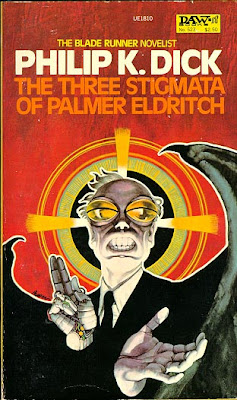Musashi Wins! said:Awesome. Report back!
I will. Might take me a while though. I'm pressed for time as it is, and it's a long damn read. But yeah, I should finish it within the next couple of weeks or so.
Musashi Wins! said:Awesome. Report back!
Smidget said:OK, just finished The Road and am a bit drained, but it was so amazingly good. There's way too many books and probably like movies there are a lot of stinkers. Any recommendations on how to follow The Road up?

BruceLeeRoy said:I'm in the mood for a really good revenge book off the top of your head do you guys have any suggestions?





Guileless said:





Sniper McBlaze said:
I was very surprised when this booked was the first book to ever make me cry. I actually had to put it down and not read more for that day.

Baker said:
Alucard said:Well, I finally finished reading The Fall of Hyperion today. Here is my rough review.
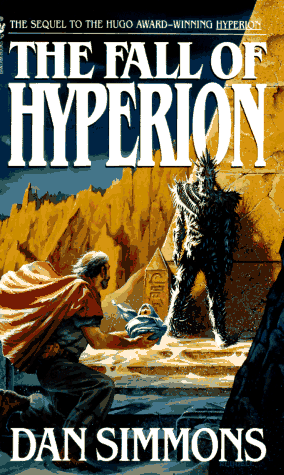
Dan Simmons is an incredibly gifted writer. He knows how to paint a scene, create atmosphere, and develop his characters. He also knows how to build a massive universe and create meaningful interactions between its characters. Where he faulters with The Fall of Hyperion is the plot structure.
I enjoyed the distinct stories in Hyperion. Simmons did an incredible job of drawing the reader into numerous different short stories, and tied them all together wonderfully. However, in this fast-paced sequel, characters disappear for fifty pages at a time, and while Simmons' goal of pushing the narrative forward to a culminating point is admirable, the execution falls flat. There are simply too many things happening at one time, and it leaves the reader sometimes feeling frustrated. Just when you start to get involved in one particular scenario, Simmons jumps away from it for dozens of pages. It's an exercise in buildup and a lack of payoff, repeated over and over. When the various climaxes occur, they feel a little underwhelming.
Overall, I did enjoy this book. As I mentioned, Simmons is a fantastic writer. I just wish the structure of this book didn't feel so disjointed, which made it a bit of a chore to get through. There are numerous references to authors and books that Simmons obviously enjoys, but they sometimes felt forced and distracted me from the messages that Simmons was attempting to accentuate. The most frustrating part is that I didn't feel enough questions had been answered by the end of the book. I'm not sure if I'm willing to put in more time into the Endymion series to anwer them, if reading those books is going to be as arduous as getting through this sequel to a fantastic first chapter.
This isn't a book for everybody, but when it's good, it's very good. It's a shame that it's so inconsistent. 3.5/5.
Janken said:Right now I'm with Foucault's Pendulum.
Also, I haven't yet read the Foundation series by Isaac Asimov (please, don't kill me) and I don't know in which order I should read them. In the order they were published? First the prequels and then the others? Could you help me?
Thank you!
Any gud?LovingSteam said:I forgot, I will be reading this as well

Noss said:As such, if you really want to read the foundation series, you should read the Robots series first. Eh, I truly enjoyed Asimov tying them all together. So you should read the four robots novels first, then prelude to foundation, then forward the foundation...THEN start the actual foundation series.
freethought said:I don't want to rain on your parade or anything, but I wasn't much of a fan (and I loved every other Banks novel I'd read).







xBigDanx said:How do some of you read more than one book at a time?
Tieno said: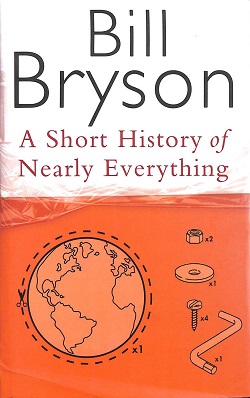
Bryson describes graphically and in layman's terms the size of the universe, and that of atoms and subatomic particles. He then explores the history of geology and biology, and traces life from its first appearance to today's modern humans, placing emphasis on the development of the modern Homo sapiens. Furthermore, he discusses the possibility of the Earth being struck by a meteor, and reflects on human capabilities of spotting a meteor before it impacts the Earth, and the extensive damage that such an event would cause. He also focuses on some of the most recent destructive disasters of volcanic origin in the history of our planet, including Krakatoa and Yellowstone National Park. A large part of the book is devoted to relating humorous stories about the scientists behind the research and discoveries and their sometimes eccentric behaviours. Bryson also speaks about modern scientific views on human effects on the Earth's climate and livelihood of other species, and the magnitude of natural disasters such as earthquakes, volcanoes, tsunamis, hurricanes, and the mass extinctions caused by some of these events.
Quazar said:Just picked this up today. Shall be fun!
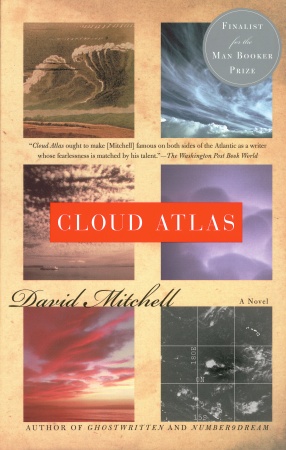

xBigDanx said:How do some of you read more than one book at a time?
Kawaii said:
Read a few pages so far, anyone gaffer read it? How did you like it?

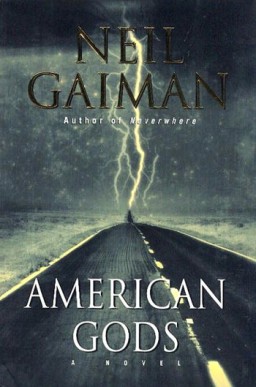
Picked it up at a local bookstore in Rotterdam (Netherlands), never heard of it before but I read the back of it and it seemed interesting, it's the author's first novel.Musashi Wins! said:I've never heard of it, which for my book nerdness is odd. Where did you find out about it?
about the book
Meet the Deans.
The Father is Martin Dean.
He taught his son always to make up his mind, and then change it. An impossible, brilliant, restless man, he just wanted the world to listen to him and the trouble started when the world did.
The Uncle is Terry Dean.
As a boy, Terry was the local sporting hero. As a man, he became Australia's favourite criminal, making up for injustice on the field with this own version of justice off it.
The Son is Jasper Dean.
Now that his father is dead, Jasper can try making some sense of his outrageous schemes to make the world a better place. Haunted by his own mysteriously missing mother and a strange recurring vision, Jasper has one abiding question: Is he doomed to become the lunatic who raised him, or a different kind of lunatic entirely?
From the New South Wales bush to bohemian Paris, from sports fields to strip clubs, from the jungles of Thailand to a leaky boat in the Pacific, Steve Toltz's A Fraction of the Whole follows the Deans on their freewheeling, scathingly funny and finally deeply moving quest to leave their mark on the world.
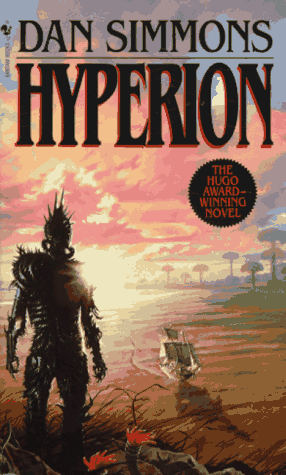
ronito said:I'm 3/4s of the way through and I've had more than my fill of Keats and Yates and I swear I feel like punching someone every few pages when Simmons brings them up...again.
ronito said:
After tons of recommendations I finally picked up a copy of Hyperion. Dan Simmons is really a great writer and does an incredible job when he can be pulled away from slobbing Keat's nob. Honestly I love the concept and the voicing and everything, but I'm actually shocked that an editor let him get away with such rampant hero worship bordering on fanboyishness I'm 3/4s of the way through and I've had more than my fill of Keats and Yates and I swear I feel like punching someone every few pages when Simmons brings them up...again. Still during the points he's not busy being a fanboy the whole thing is very good. Now I just need to figure out if the rest of the series is like this. If it is Hyperion might just be the last when he's good he's great. But when he goes off on tangents and the like megarolleyes.
